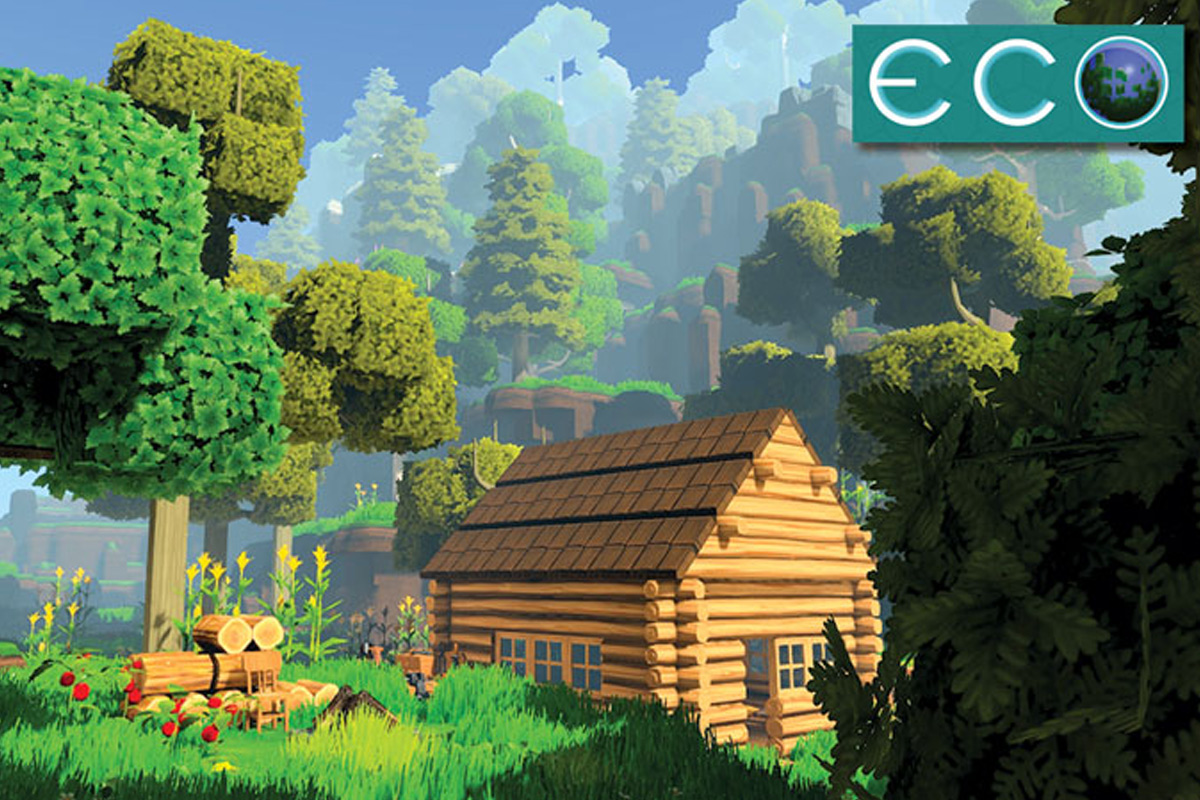Games don’t have to be just about having fun, Joey Lee, lecturer and director of the Games Research Lab, writes in the January issue of School Library Journal, a monthly magazine with articles and reviews for school librarians, media specialists, and public librarians who work with young people. They “can be a powerful way to teach, persuade, or raise awareness about important topics that young people should care about, such as social justice or civic issues,” by tackling “complex topics like climate change and sustainability in a unique way.”
Unlike book content, which is delivered and absorbed, games offer students the opportunity to interact and play with material in a way that makes it more “understandable and accessible,” writes Lee, who coordinates the M.A. program in Design and Development of Digital Games.

Joey Lee, Lecturer and Director of Games Research Lab
Games can also raise awareness about critical issues like climate change, and eventually change students’ attitudes and behaviors. Lee offers as an example EcoChains: Arctic Life (Jogolabs), a tabletop card game which he co-designed with Arizona State University environmental science professor Stephanie Pfirman. “We wanted to create a game that teaches players about climate change through values of empathy and stewardship, and is designed to teach science aligned to Next Generation Science Standards.”
“The goal was for kids to learn about real scientific phenomenon and processes while having fun; we reject the notion that there must be a dichotomy or tradeoff between learning and fun in educational games.”
